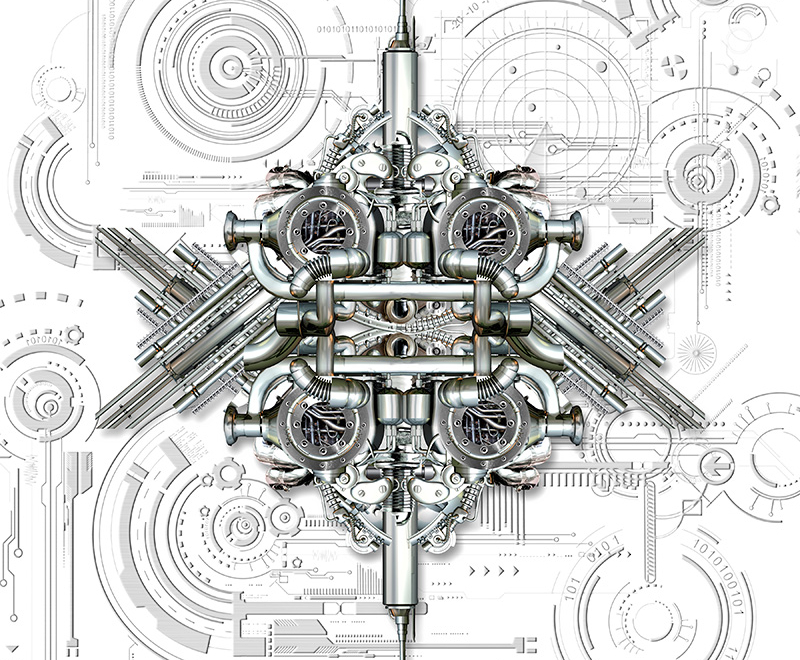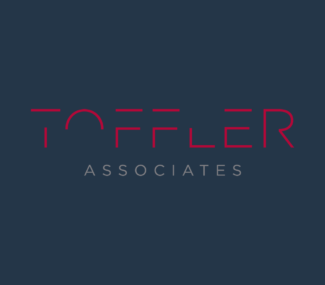Organizational Learning is the Key to Solving 21st Century Issues

“The illiterate of the 21st century will not be those who cannot read and write, but those who cannot learn, unlearn, and relearn. ”
~ Alvin Toffler
Organizational learning, the process of creating, using, and sharing knowledge within a corporation or comparable enterprise, is a driving force for continual transformation. For entities striving to be Future Proof®, it is fundamental. The process of organizational learning typically takes one of two forms – individuals and groups either learn from their experiences or they learn from the collective.
In the Industrial Era, which was prescriptive and more structured than our current reality, this kind of cause-and-effect learning made sense. And while experiential learning is valuable, in the fluid and hyperconnected context of the 21st Century, it can be limiting. First, it is based primarily on hindsight, which drives a reactive culture that cannot keep up with the rapid pace of change. Secondly, this is largely an individualized and linear approach to learning that is difficult to transfer and apply to complex problems. Both are contrary to the needs of a Third Wave organization.
We are building organizations today in an environment of sweeping, rapid change. Data of all kinds is generated constantly, parsed, and made relevant largely through associations. Mental models are systematic, and not constrained by historic linear paradigms. In this environment, one-dimensional approaches are not likely to transform the organization or produce innovation.
Organizational learning happens best as a collective effort to absorb, apply, and disseminate knowledge. Replacing old notions of thinking with models more suited to 21st Century needs and solutions requires that we relinquish compartmentalized approaches. Instead, knowledge models are more orthogonal in nature, pulling in and employing ideas from a variety of sectors. For that reason, this approach to organizational learning is inherently complex and challenging. But it is also inherently more useful because it engages a regular cadence of learning, unlearning, and relearning that is so important to innovating and building resiliency in our fast-paced environment.
Building 21st Century Literacy
When knowledge is exchanged between people, organizations, industries and technologies, new ideas are born. Transforming the organization in order to facilitate this kind of dynamic learning requires an open-minded culture and a disciplined approach that engages people, organizations, and resources.
People
Nurturing a culture that empowers people to pursue knowledge and be comfortable with ambiguity is central to building 21st Century’ literacy. Today’s organizations are more diverse than ever, with as many as four generations working side by side, sharing experiences, cognitive skill sets, emotional intelligence and working styles. Prioritizing continuous learning, 360 degree mentoring, and cross-functional engagement creates a dynamic flow of intelligence that gives the organization greater perspective and stability.
Structure
The structure of the Knowledge Age organization has evolved dramatically from the top-down, hierarchical leadership model of the Industrial Age because the pace of data production and change continue to increase exponentially. With a more decentralized structure, leaders work at every level of the organization and through external networks, gathering information, thinking systematically, and exchanging ideas to support the organization’s goals.
Technology
Engaging resources like cognitive technologies is strengthening our ability to engage growing volumes of data to learn, unlearn, and relearn. A productive innovation ecosystem connects humans and organizations with machines to augment our ability to perceive, think and innovate with incredible speed and accuracy.
“To survive, to avert what we have termed future shock, the individual must become infinitely more adaptable and capable than ever before. We must search out totally new ways to anchor ourselves, for all the old roots – religion, nation, community, family, or profession – are now shaking under the hurricane impact of the accelerative thrust. It is no longer resources that limit decisions, it is the decision that makes the resources.”[1]
In this connected, dynamic Third Wave environment, we all have virtually the same level of access to information and knowledge resources. How organizations create spaces and structures to work as a collective to learn, question, unlearn and relearn is what will differentiate the ‘literate’ from the ‘illiterate.’ Because of the sheer volume of information, knowledge, and experiences available to us, no single person has the capacity to have all the answers. Leaders should be challenging biases every day – which happens best by hearing from as many people as they can about current and future challenges. Keeping an open mind when listening and examining the perspective of others is the only reliable way we can enlighten our people, teams, and organizations.
It’s time to shift to a culture of collective organizational learning, and to embrace leaders who are open minded about the possible.
{{cta(‘befa9ff3-80a5-4a6c-b483-9daadb37b099’)}}
[1] Future Shock, Alvin Toffler, 1984
- Categories
- Futures and Foresight
- Workforce of the Future


 About the Authors
About the Authors